Our hands and feet are one of the most brutally treated parts of our body. Hands – exposed to rapid temperature changes, wind, frost, ultraviolet radiation, air conditioning, detergents – they are one of the first signs which reveal our age. When it comes to our feet, we risk their health, for example, by following the fashion and wearing inappropriate shoes.
Do you remember the scene from the movie “Gone with the wind" where Scarlett visits Rhett to ask him for money to save her family property? She tries to pretend that everything is just fine and Rhett believes her until he notices the condition of her hands. “What have you done with your hands?"- he asks. “I went riding last week without my gloves" – lies Scarlett, but Rhett is not fooled: “You've worked with them like a field hand!"
Hands of a lady
If we don’t want our hands to reveal how hard we work, we should always remember about their everyday care. We should treat the skin of our hands just as we treat our face and rest of our body: use moisturisers and peelings.
We often forget that our hands, just like the rest of our body, must be protected from the harmful effects of the sun. We should do so by using a cream with UV filters, especially when it’s hot, as then our hands are not covered by anything, and we expose them to the sun while riding our bicycles or when we are running.
If the skin on your hands is damaged, you should use a nourishing cream as often as necessary. Such creams should be made easily available, being on a bedside table, in your bag, in your car, on your desk at work. After applying the cream, especially at night, you can put on cotton gloves to help the cream to absorb better. It is also recommended to use hand peeling once a week.
Problematic feet
We treat feet equally as ruthlessly as our hands. They also need everyday care – special creams and regular peelings.
Don’t forget that various fungi like to settle on our feet. Usually such fungi living on the skin of its host do not cause any harm, but when they multiply, they may cause infections. In places such as public showers or dressing rooms, we should wear flip-flops, so we do not mix our fungi with others’ fungi – so specialists recommend.
Another common problem is ingrowing toenails. To limit the risk of ingrown nails, we should remember to cut them in such a way so they are kept in a straight line.
Cracked heels are also dangerous, as cracks are a favoured place to settle for bacteria and fungi. If the skin on our heels has the tendency to crack, we should use appropriate creams and regularly soak our feet in special preparations, and peel the callus.
Problems with feet can intensify with age and can even impede walking. Scientists estimate that foot problems can affect even 60% of all elderly people. Frequently encountered problems are, among others, bunions and deformation of the second toe of the foot (the so-called 'hammer toe’, also compared to claw of the sparrow hawk).
First of all – appropriate shoes
It is not possible to prevent all problems with your feet, but specialists claim that most of them are caused by inappropriate choice or style of shoes. Research shows that almost four out of ten women buy the wrong shoes - although they know that they are not appropriate for them. What is more, troubles with feet get worse because of tight shoes or socks.
Orthopaedists have been emphasising for a long time that high heels are damaging for the spine; they also cause foot pain when we get older. Indeed, most women who regularly wear high-heeled shoes complain about pain in the region of the heel and ankle at an older age. According to specialists, the worst are shoes with a large cut out in the front (covering a small part of the foot) and non-laced shoes. Such shoes do not support the foot and often have a pointed toe.
The point is not to stop wearing fashionable shoes or high heels, but we need to remember about choosing an appropriate size, adapted to our way of living. For frequent, everyday use, the best are shoes with a heel not higher than 4 centimetres, with a rounded toe.


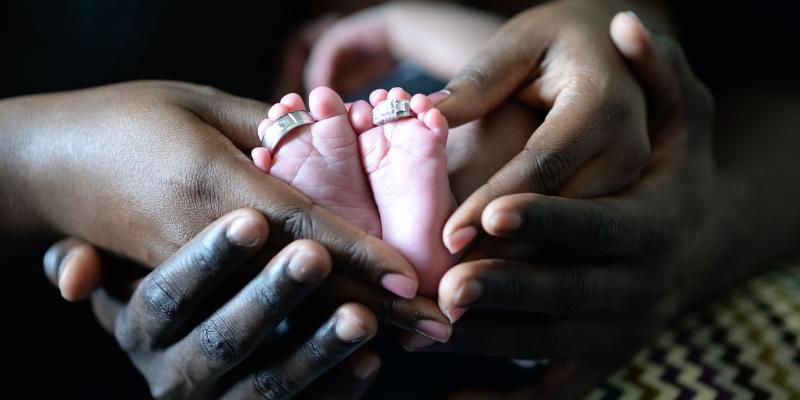
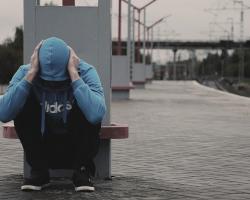

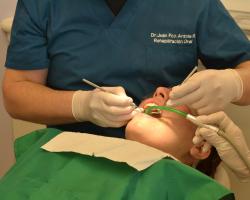
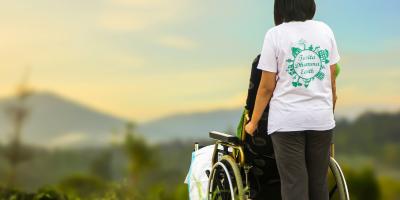

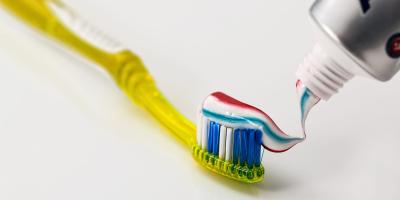
Comments (0)